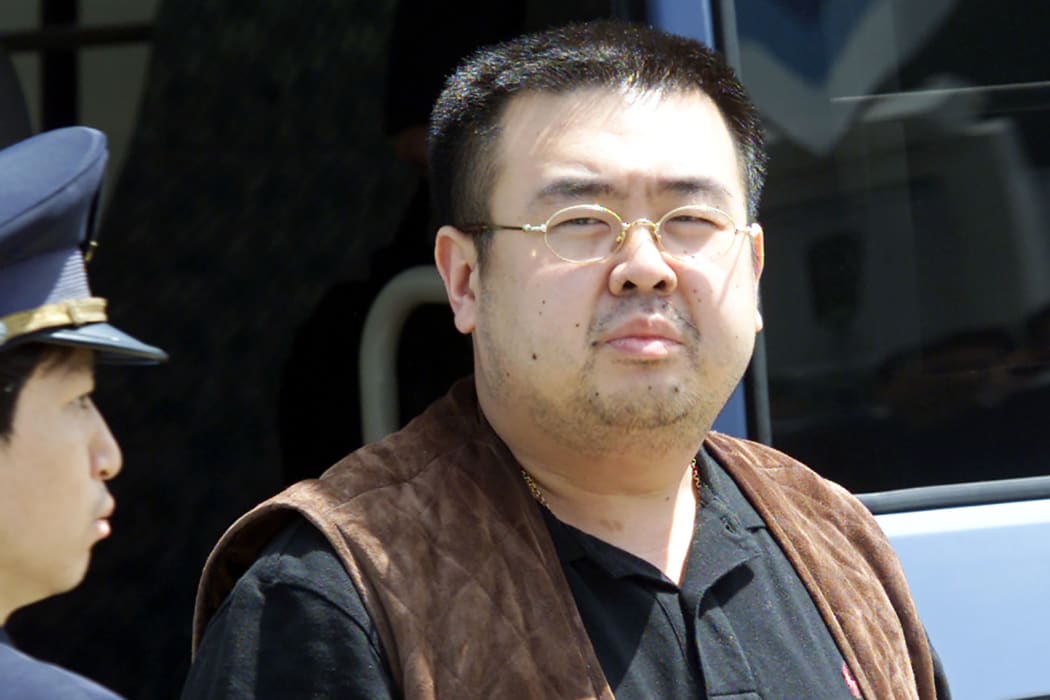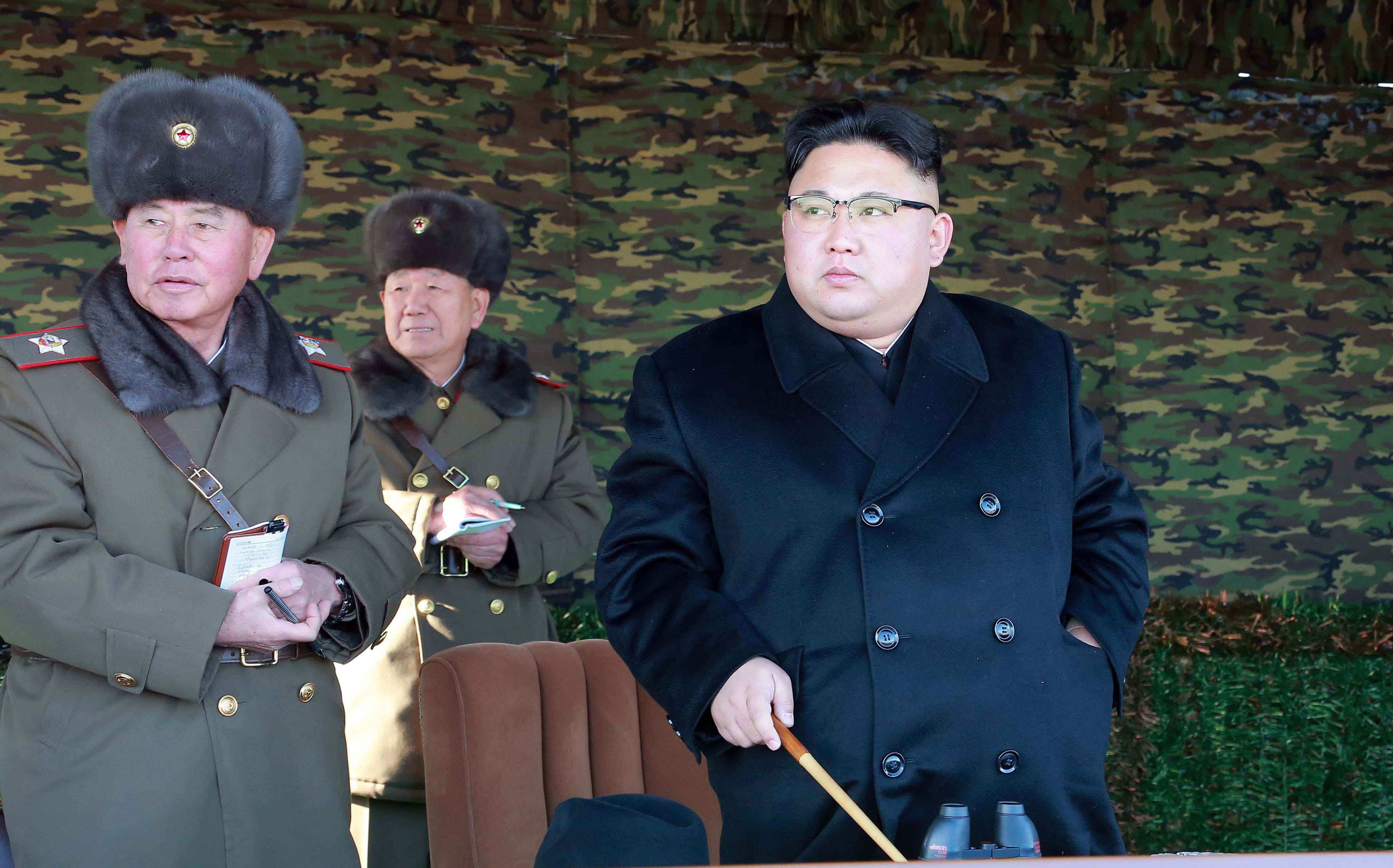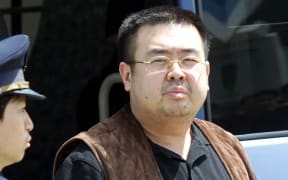North Korea has asked Malaysia for the body of a man believed to be leader Kim Jong-un's half-brother.
Kim Jong-nam is thought to have been poisoned as he waited to board a flight in the capital Kuala Lumpur on Monday.

Kim Jong-nam died in Malaysia. Photo: AFP
Local authorities are carrying out an autopsy to establish the exact cause of Mr Kim's death, but Pyongyang has reportedly objected.
Police have arrested one woman in connection with the death, but are still looking for other suspects.
According to reports, North Korea sent a number of representatives to the hospital where the autopsy was being conducted on Wednesday to ask for the return of the body.
Malaysia has yet to formally confirm that the dead man, who was travelling under the name Kim Chol, is Kim Jong-nam.
Malaysia has not bowed to the North Korean demands. One source told Reuters: "Malaysia said it won't be pressured into anything... we will stick to procedures."
Malaysian authorities also announced the arrest of Doan Thi Huong, 28.
Police said the arrested suspect, who was alone and in possession of a Vietnamese travel document, was identified from CCTV footage taken at the airport.

Kim Jong-un Photo: AFP
South Korean media have widely reported that two women, said to be North Korean agents, were involved and fled the airport in a taxi, though Malaysian police have not confirmed those details.
A grainy image broadcast in South Korea and Malaysia shows a woman wearing a white T-shirt with the letters "LOL" written on the front.
Earlier, Malaysia state news agency Bernama reported that a woman from Myanmar was detained at the airport. It is unclear if that report was referring to the woman now under arrest.
If confirmed, this would be the most high-profile death linked to North Korea since Kim Jong-un's uncle, Chang Song-thaek, was executed in 2013.
The government of South Korea has said it is certain it is him, with its spy agency is said to have told lawmakers they believe Mr Kim was poisoned.
What happened?
Kim Jong-nam was attacked on Monday morning while waiting at the budget terminal of Kuala Lumpur International Airport for a 10:00 flight to Macau, Malaysian newspaper reports say, quoting police.
Exactly how the attack unfolded is still unclear. Officials and witnesses have variously said he was splashed with a chemical or had a cloth placed over his face. Earlier reports spoke of a "spray" being used or a needle.
He died on the way to hospital.
Who was he?
It was not the first time Mr Kim had travelled under an assumed identity: he was caught trying to enter Japan using a false passport in 2001. He told officials he had been planning to visit Tokyo Disneyland.
The Tokyo incident is thought by some analysts to have spoilt Kim Jong-nam's chances of succeeding his father, Kim Jong-il, who died in 2011.
Bypassed in favour of his youngest half-brother for succession, Kim Jong-nam kept a low profile, spending most of his time overseas in Macau, mainland China and Singapore.
He later spoke out against his family's dynastic control of North Korea and in a 2012 book was quoted as saying he believed his younger half-brother lacked leadership qualities.
But he had said he was not interested in assuming the leadership himself.
Was this an assassination?
Unnamed US government sources have said they believe he was poisoned by North Korean agents.
South Korean spy chief Lee Byung-ho told South Korean MPs that Pyongyang had wanted to kill Kim Jong-nam for several years, but that he was being protected by China.
But some analysts question what motive Kim Jong-un would have to kill his estranged half-brother, given the risk of the operation and possibilities for embarrassment, and the fact that he was not seen as a threat to Mr Kim's leadership.
Still, Mr Kim was reportedly targeted for assassination in the past. A North Korean spy jailed by South Korea in 2012 is said to have admitted trying to organise a hit-and-run accident targeting him.
The secretive state has a long history of sending agents overseas to carry out assassinations, attacks and kidnappings.
- BBC
- BBC


